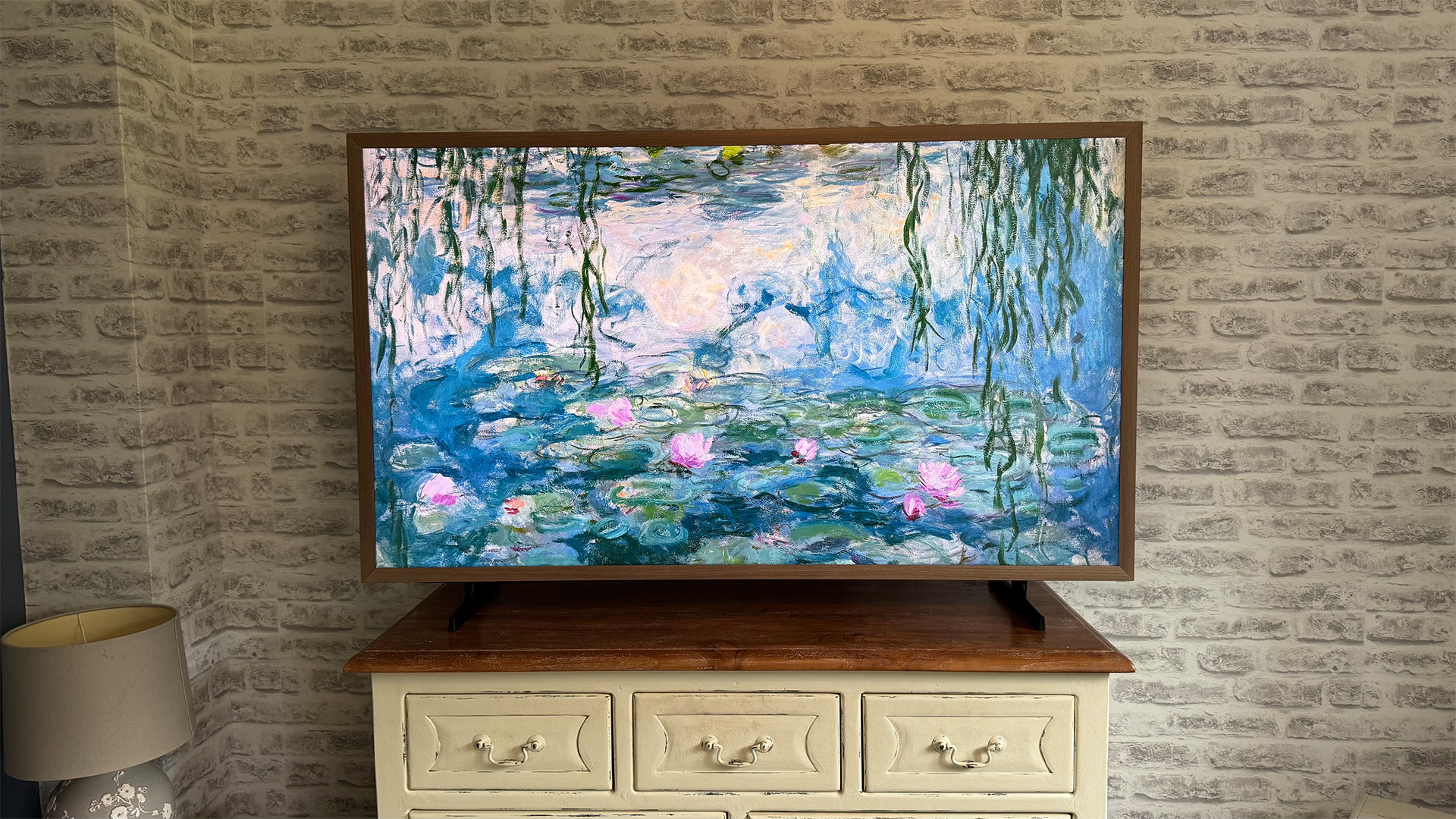Lean forward, lean back: online vs broadcast TV
How much TV do you watch online? I ask the question because the BBC iPlayer has been a huge success, and today The MediaGuardian reports that the US catchup TV portal Hulu is heading for the UK.
Never heard of Hulu? Nor had I. But what I do know is that I increasingly use online catchup services to watch my favourite progarmmes. Take last night for example: lovely sunny evening, no desire to be inside, so I missed Top Gear. No problem, I'll catch it on iPlayer later tonight. Didn't even have to set the PVR.
Competition for web TV is hotting up, with YouTube in talks with ITV and C4 with a view to showing their archived programmes online, and Channel 4 due to relaunch its 4oD service later this month.
And now it seems the decision by the Competition Commission to reject plans for Project Kangaroo, the proposed online video-on-demand service from BBC Worldwide, ITV and C4, has left the door wide open for the Americans.
Hulu is planning an autumn launch in the UK, according to MediaGuardian, with a mix of British and American programmes. It launched in the US 18 months ago, offering streaming of new and old TV shows from Fox, NBC and ABC – among others – and has been a huge success. It even shows C4 series such as Peep Show and Green Wing.
Get this: Hulu served nearly 370 million video streams and more than 40 million unique viewers during April, making it the third most popular video streaming site in the US after YouTube and MySpace.
Now I'm beginning to understand why so many TV manufacturers are tripping over themselves to add web connectivity to their latest models. I'm a subscriber to Virgin Media at home, and can already watch the BBC iPlayer and 4oD via my set-top box. More will surely follow.
Get the What Hi-Fi? Newsletter
The latest hi-fi, home cinema and tech news, reviews, buying advice and deals, direct to your inbox.
Which brings me to my next point: the 'lean forward, lean back' argument. Yes, I can watch HD programmes on my Apple Mac. But I don't want to. When I'm watching the telly, I can kick back on the sofa and relax, which is the way it should be. I don't want to be sitting bolt upright at my desk.
So it seems to me that more and more of us will welcome the convenience of catch-up TV via broadband, but will want to view that content on a TV, not a computer. It appears the BBC agrees, as its much-vaunted Project Canvas is designed to allow broadband catchup services to be watched on TV.
Erik Huggers, the BBC's Director of Future Media & Technology, describes Canvas as "a subscription-free television experience that converges broadcast with broadband and democratises access to TV".
But first, he argues, there must be a standard IPTV (Internet Protocol TV) standard, before the number of different platforms mushrooms out of control.
Whether our broadband infrastructure can cope with this explosion of online TV is another matter. At last week's Intellect Consumer Electronics Conference, it emerged that the BBC iPlayer already uses 60 per cent of the UK's web capacity. And YouTube's hosting costs outstrip its revenue, with bandwidth costs apparently running at an eye-watering $1m a day. Ouch.
So Gordon Brown's talk of a "broadband revolution" and an upgrade to the UK's broadband infrastructure can't come soon enough. Me? I just love the fact that I'm no longer at the mercy of the broadcasters' schedules and can watch my favourite TV when it suits me, not them. Bring on the revolution.
Andy is Global Brand Director of What Hi-Fi? and has been a technology journalist for 30 years. During that time he has covered everything from VHS and Betamax, MiniDisc and DCC to CDi, Laserdisc and 3D TV, and any number of other formats that have come and gone. He loves nothing better than a good old format war. Andy edited several hi-fi and home cinema magazines before relaunching whathifi.com in 2008 and helping turn it into the global success it is today. When not listening to music or watching TV, he spends far too much of his time reading about cars he can't afford to buy.

